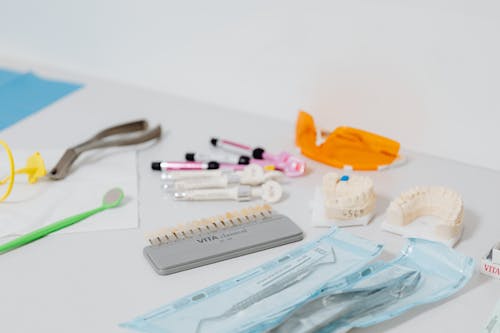The Future of Dental Implant Surgery: Transforming Smiles with Advanced Techniques
Dental implant surgery represents a significant evolution in restorative dentistry. As advanced techniques continue to emerge, patients can expect more successful outcomes and quicker recovery times. This article explores the latest innovations in dental implants and the growing importance of personalized treatment plans tailored to individual needs.
The Evolution of Dental Implant Surgery
Dental implant surgery has come a long way since its inception. Initially, this procedure was met with skepticism and technical challenges. However, advancements in materials and technology have propelled dental implant surgery into a mainstream solution for tooth replacement. Today, patients benefit from various implant types, including endosteal and subperiosteal implants. Moreover, innovations such as 3D imaging and computer-assisted design have enhanced surgical precision, leading to higher success rates. Notably, dental implant surgery is now considered a standard treatment option for missing teeth, significantly improving patients' quality of life.
Technological Advancements Fueling Change
Modern science has influenced dental implant surgery significantly. The introduction of biocompatible materials has made implants safer and more effective. Furthermore, techniques such as guided bone regeneration and sinus lifting are now frequently employed to optimize bone density, making dental implant surgery feasible for more patients. The use of digital scans allows for a thorough assessment of the patient’s dental structure, ensuring a customized approach. This level of personalization is crucial for success, as individualized treatment plans cater to unique anatomical situations, ultimately reducing the risk of complications during the procedure.
Social Implications of Enhanced Smile Restoration
The societal perception of dental implant surgery has shifted alongside its technological advancements. For many individuals, a restored smile translates to improved self-esteem and social interactions. Interestingly, studies show that individuals with dental implants often report higher confidence levels than those with remaining natural teeth. Moreover, the psychological benefits of dental implant surgery extend beyond aesthetics: patients often experience increased satisfaction in daily activities and greater overall happiness. As the popularity of dental implants grows, so too does the understanding of their ethical and social significance in contemporary society.
Patient-Centric Approaches in Dental Implant Surgery
As dental implant surgery continues to evolve, the focus on patient experience has become paramount. Dentists are now prioritizing open communication and education about the procedure's processes and expected outcomes. By fostering a collaborative relationship, dental professionals can address any fears or concerns patients might have. Furthermore, the integration of aftercare consultations helps ensure that patients remain informed about their progress following dental implant surgery. This patient-centric approach not only builds trust but also empowers patients to take an active role in their oral health journey.
Cost and Accessibility Challenges
While the advancements in dental implant surgery offer substantial benefits, accessibility and cost remain significant barriers for many potential patients. The high costs associated with implants can deter individuals, leading to the misconception that these procedures are only for the affluent. Fortunately, various financing options and insurance plans are becoming more widespread, improving access for a broader demographic. Education about the long-term benefits of dental implant surgery—including enhanced oral health and functionality—can encourage individuals to view dental implants as a worthwhile investment rather than a luxury item.
The Importance of Continuous Research and Development
The landscape of dental implant surgery continues to change, highlighting the importance of ongoing research and development. As techniques improve, ongoing studies help refine existing practices, address potential complications, and introduce cutting-edge materials. Both practitioners and patients stand to gain significantly from these developments, as they promise more effective and patient-friendly solutions. Therefore, embracing a culture of learning and adaptation among dental professionals is critical to the future of dental implant surgery, ensuring that the field remains at the forefront of restorative dentistry.
